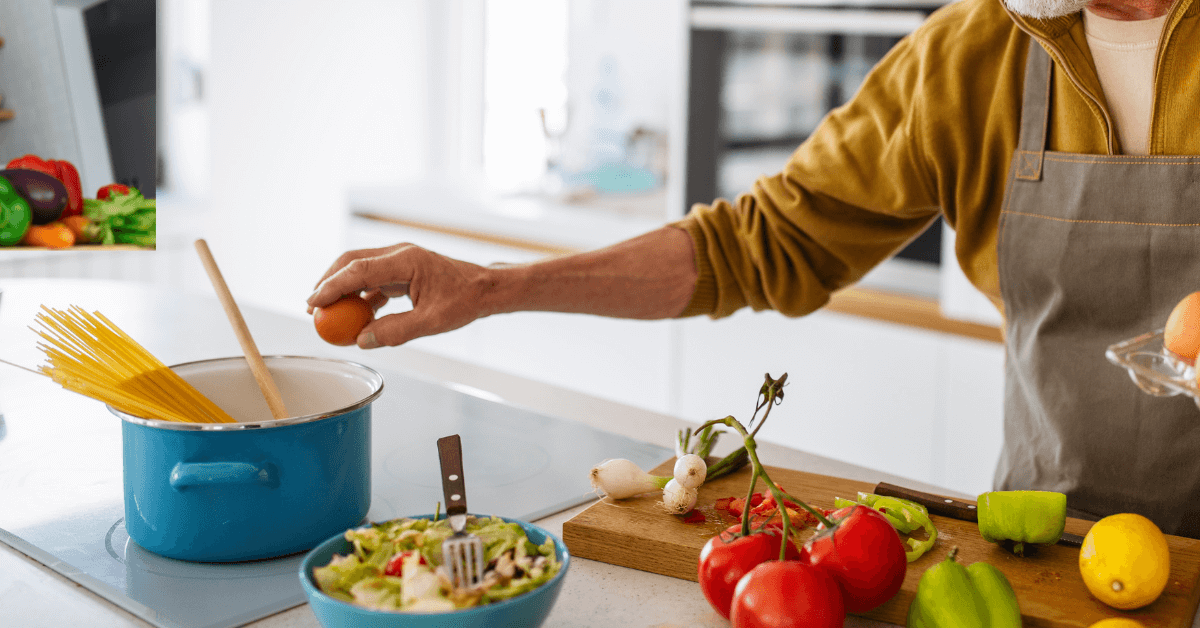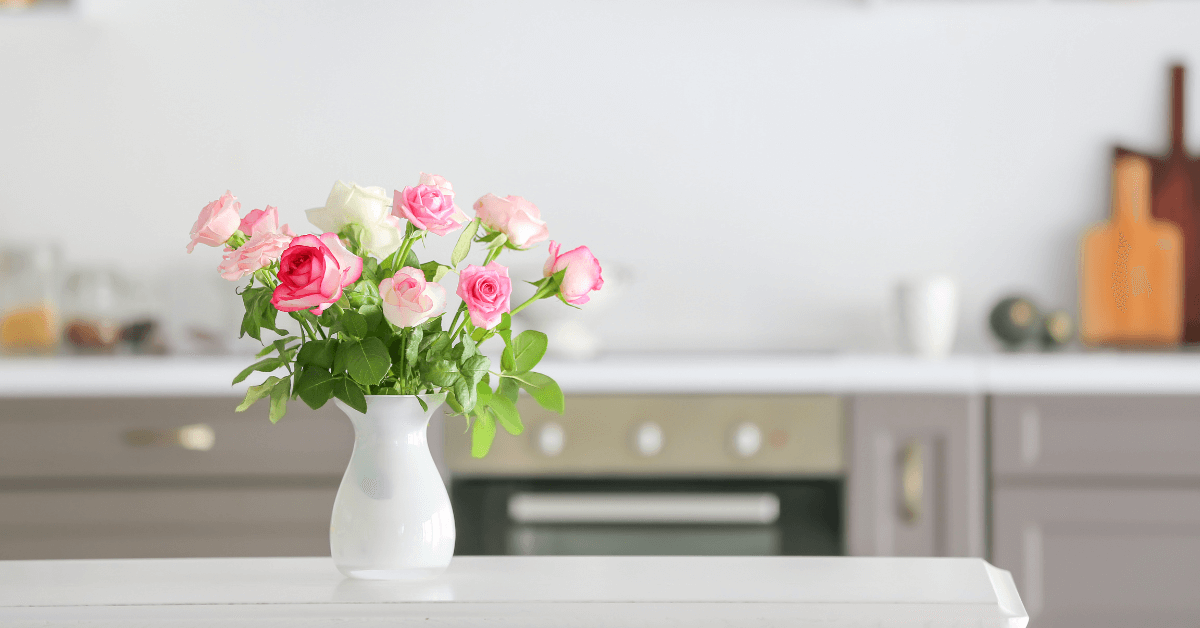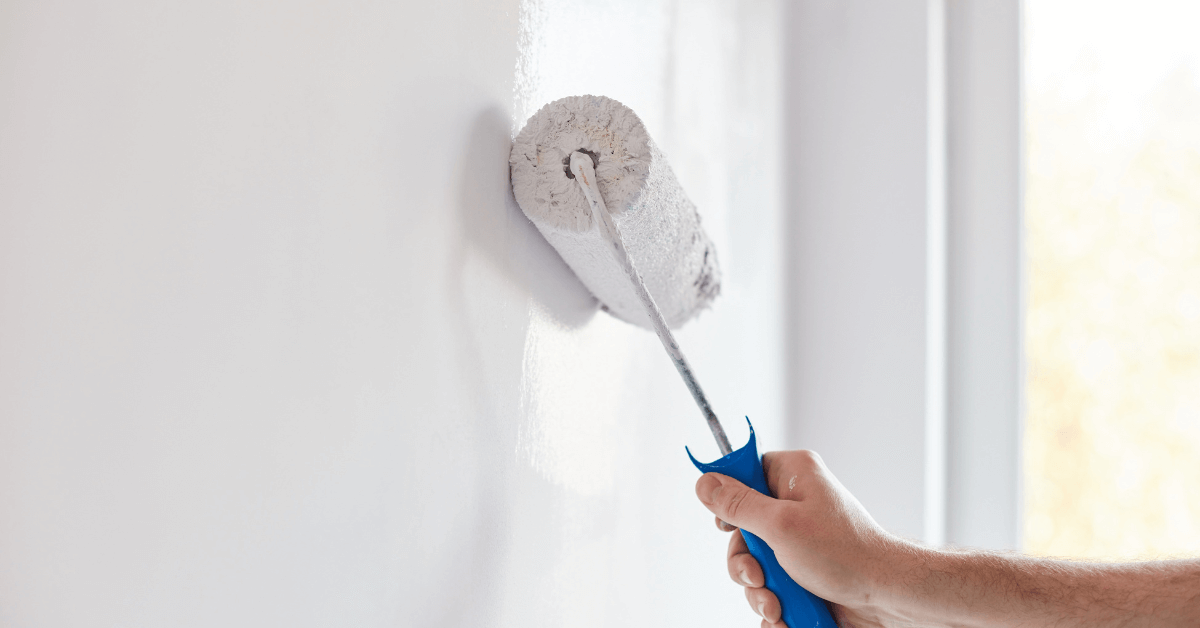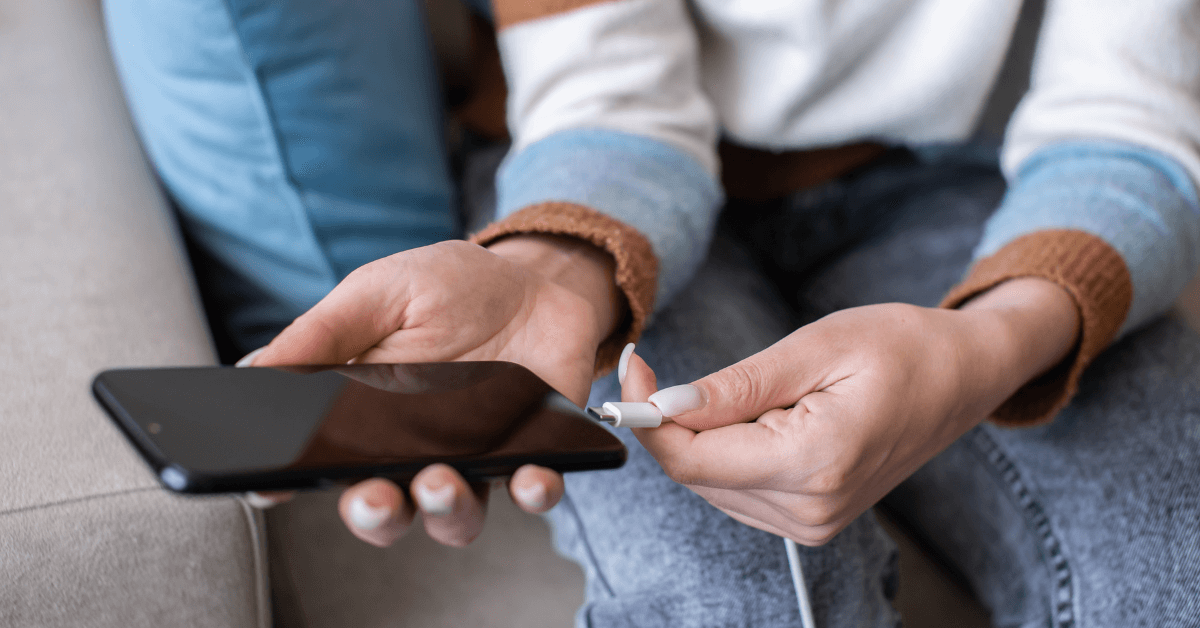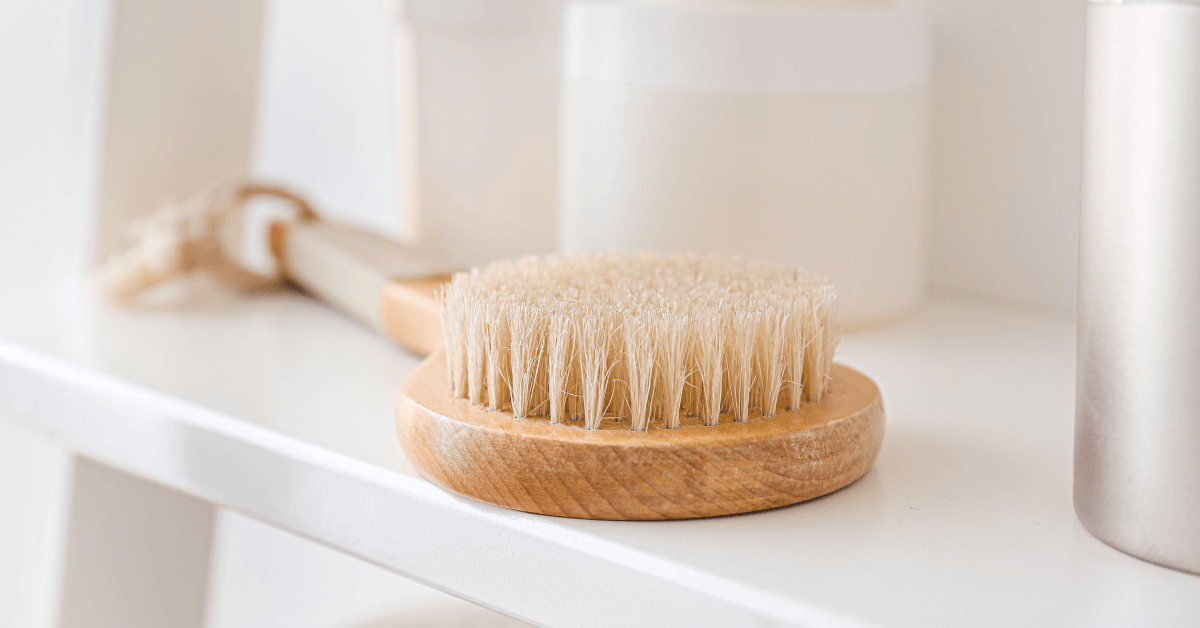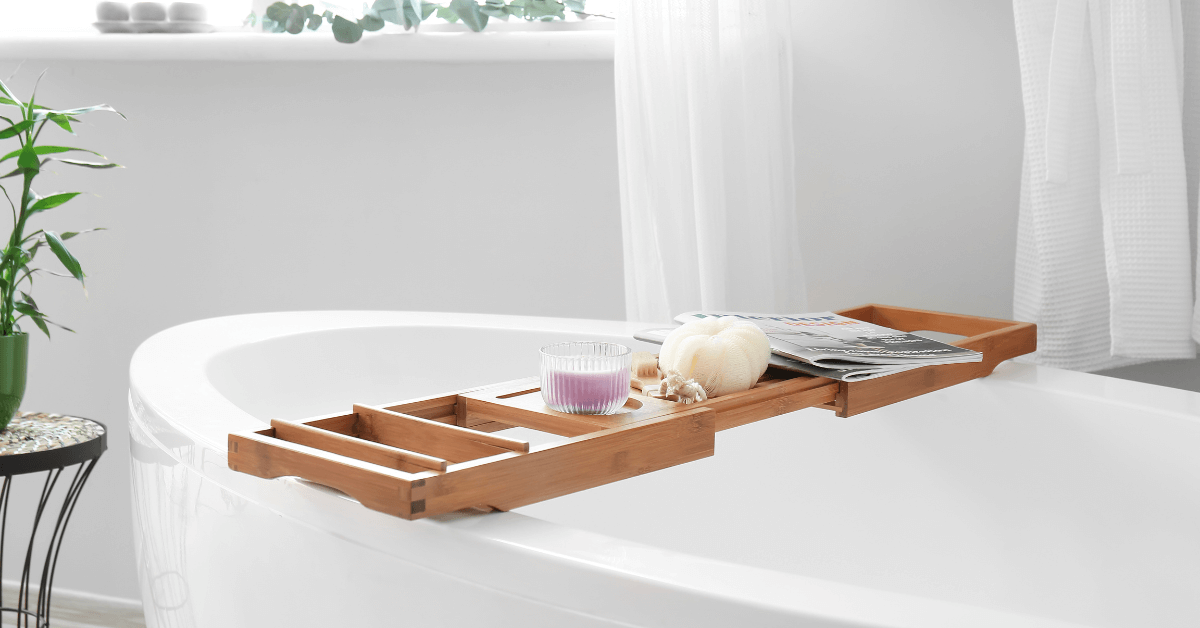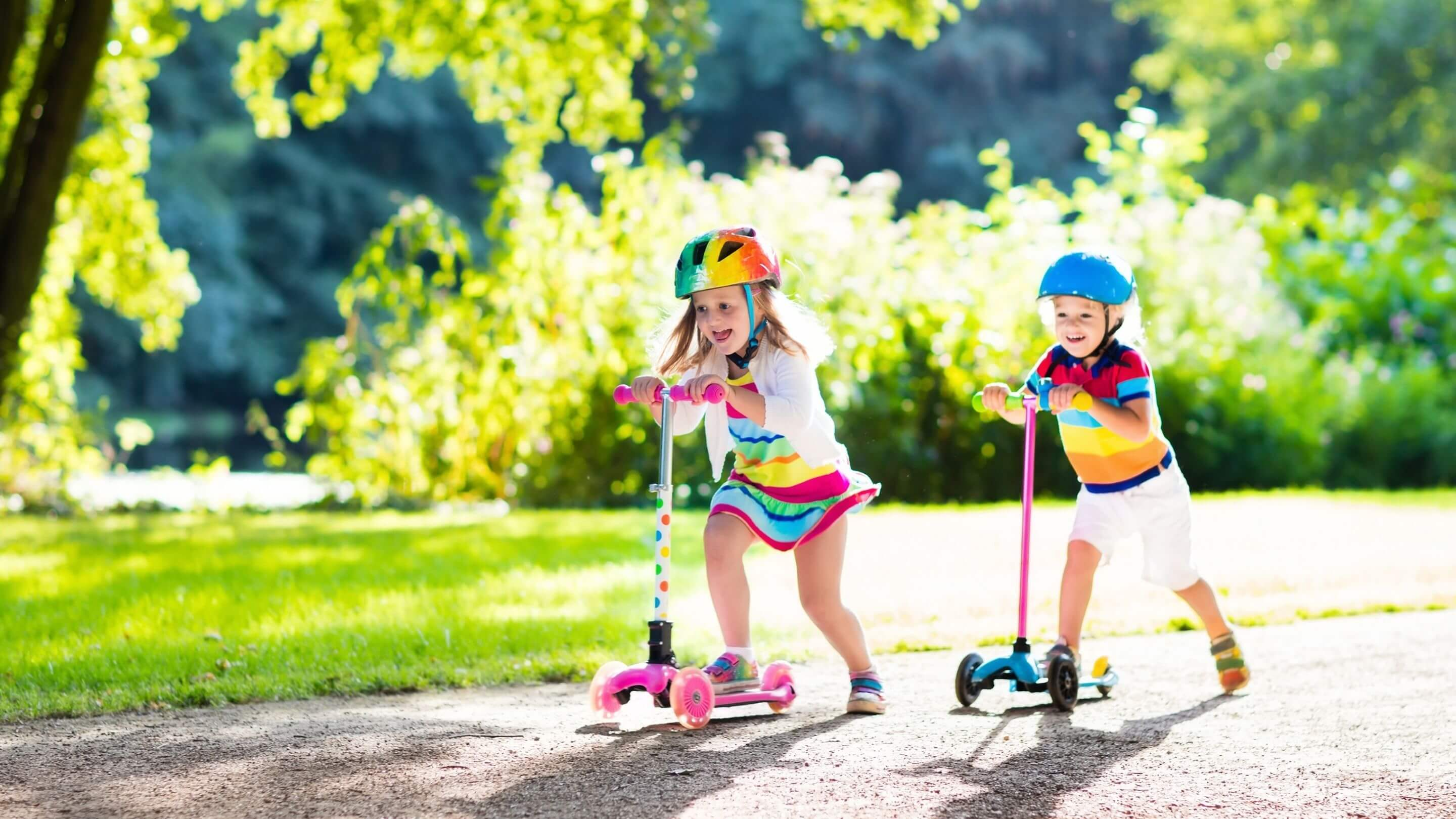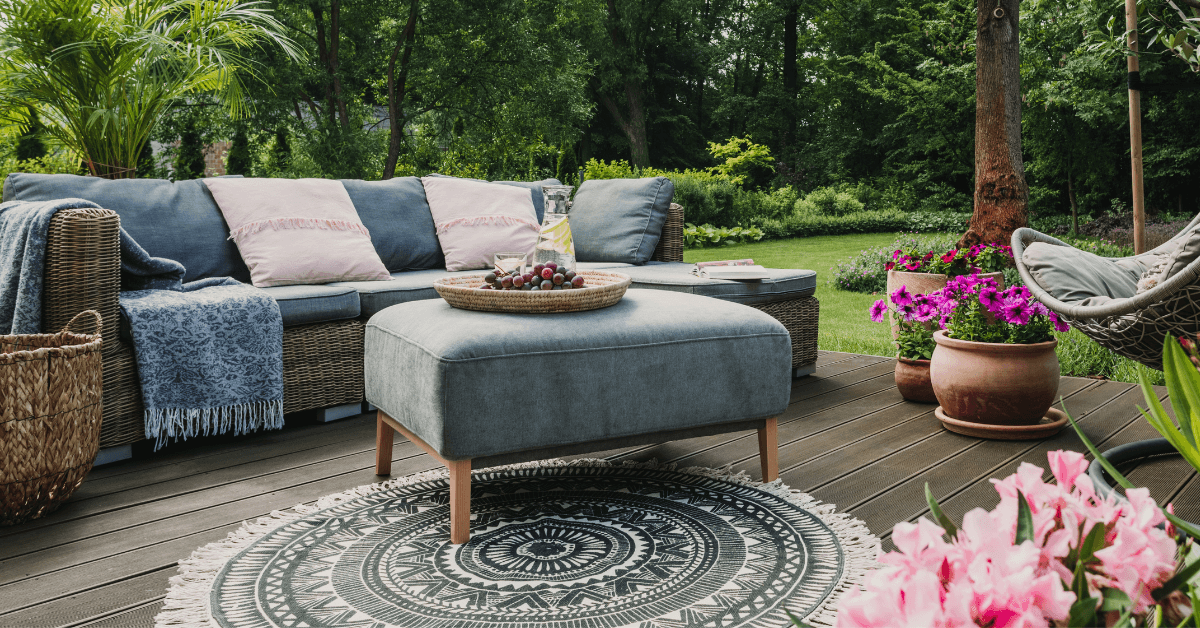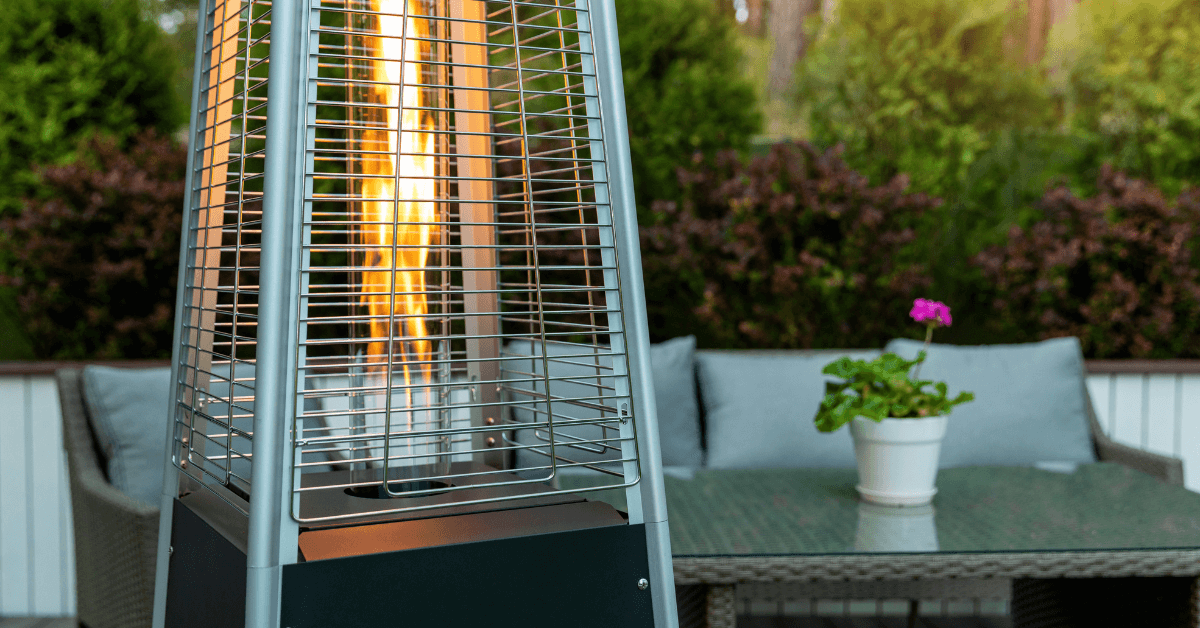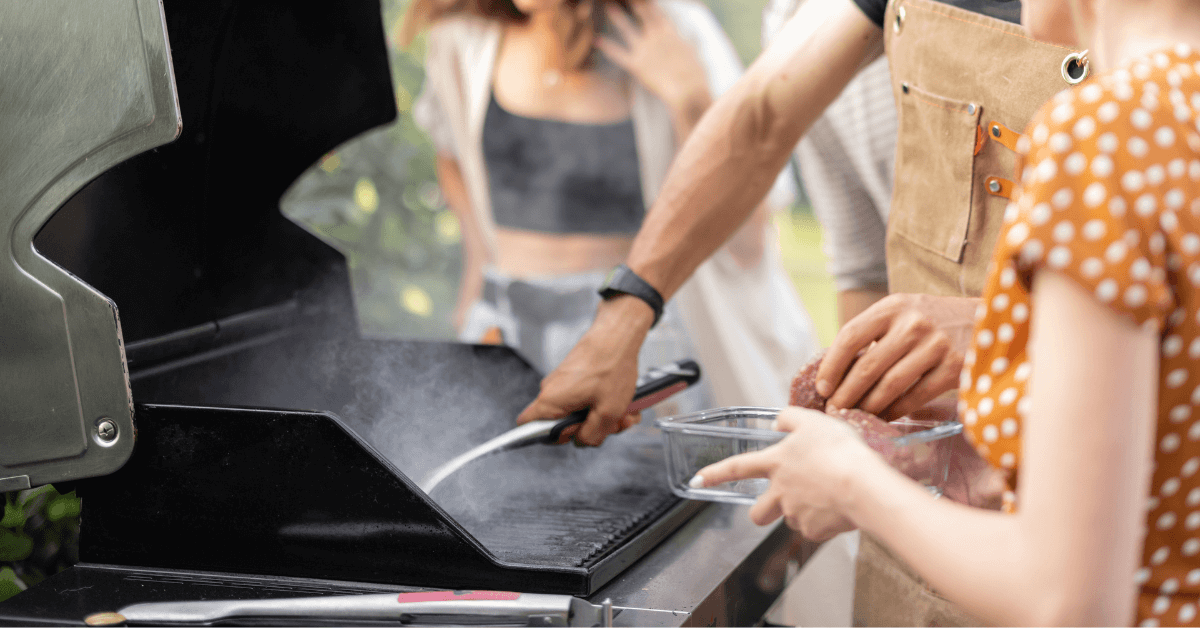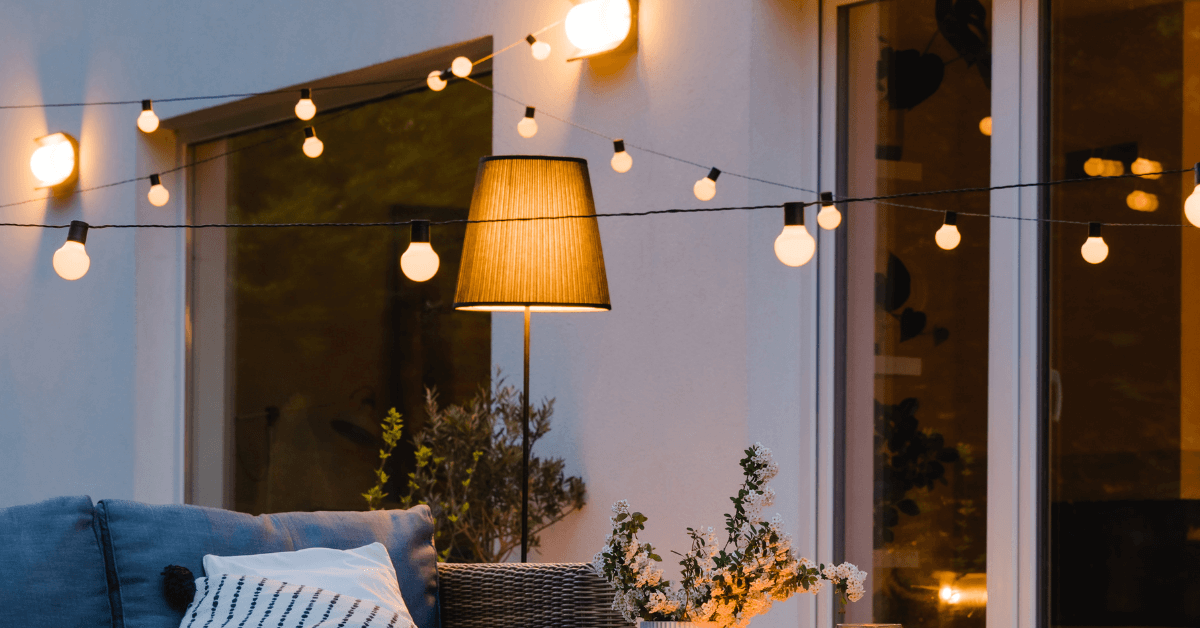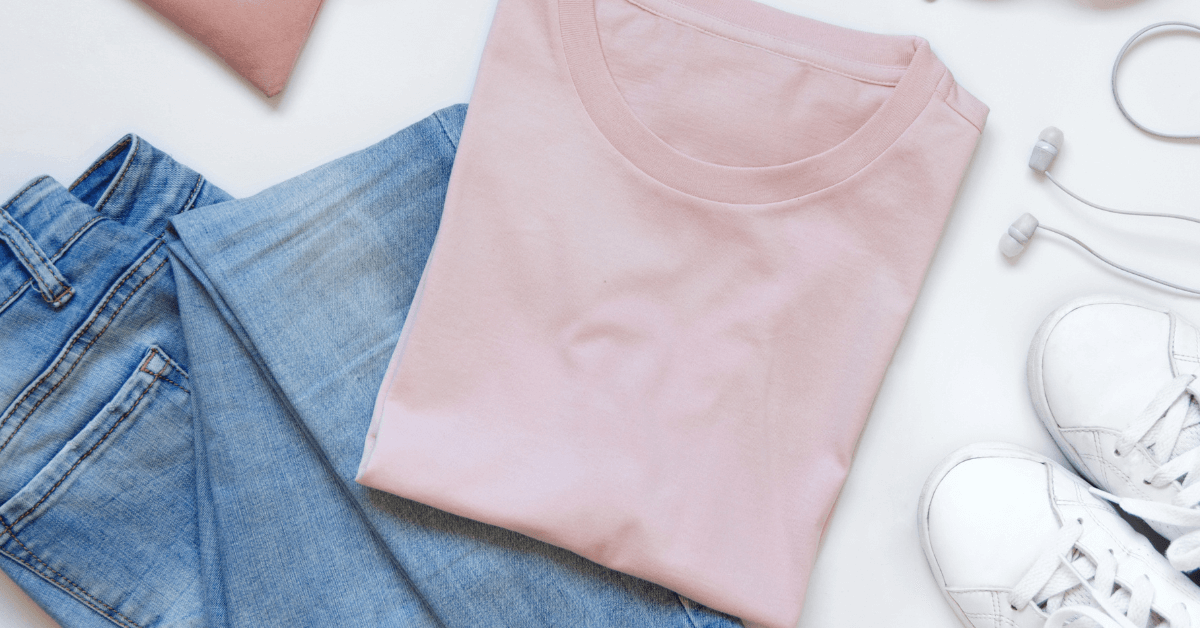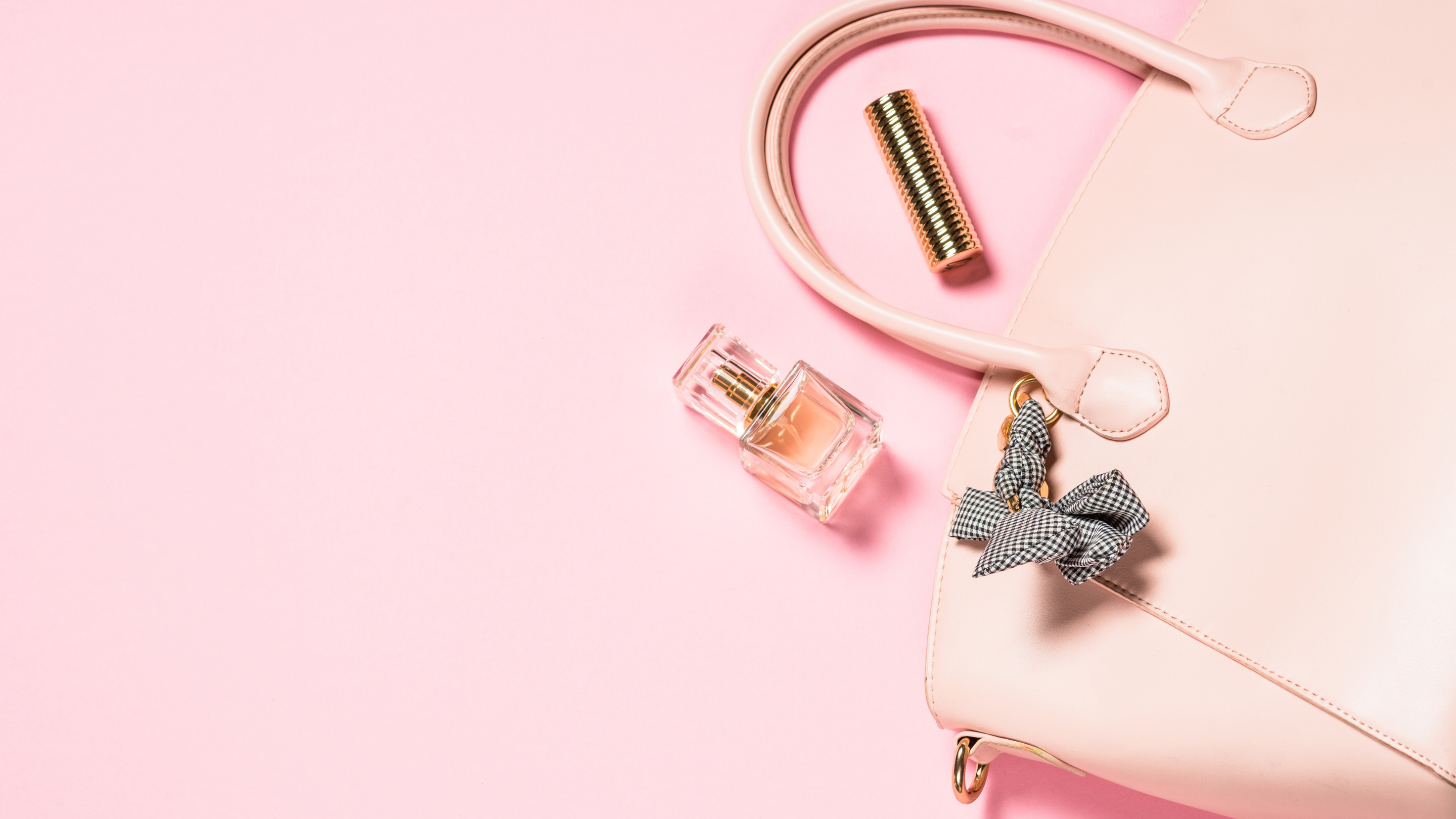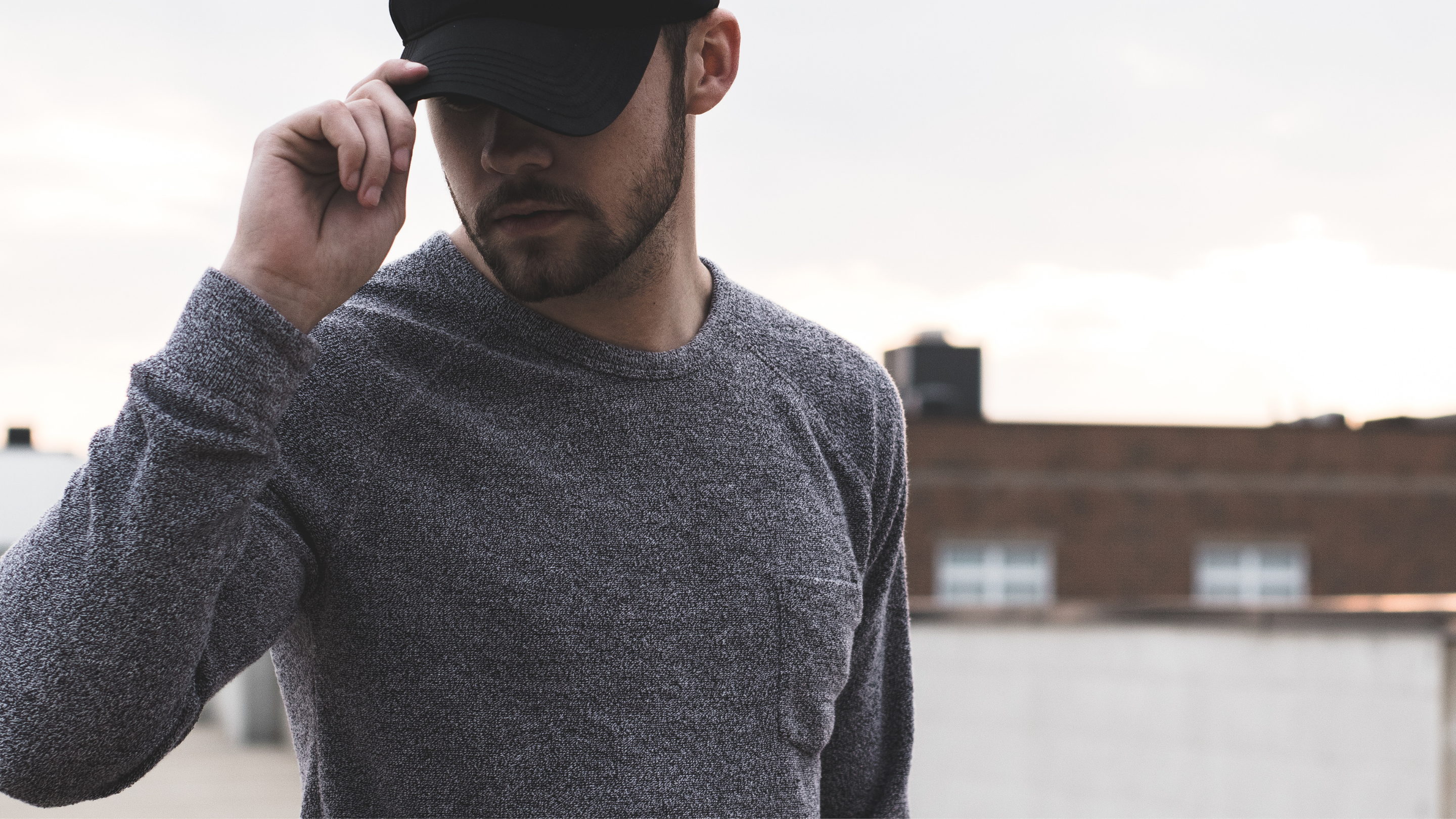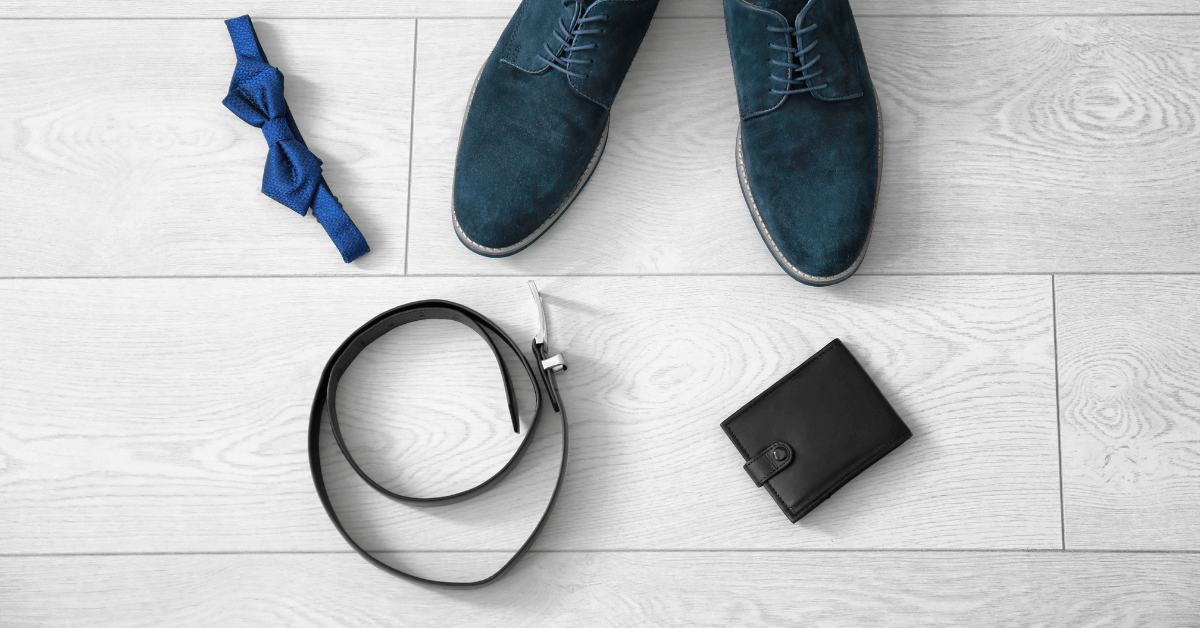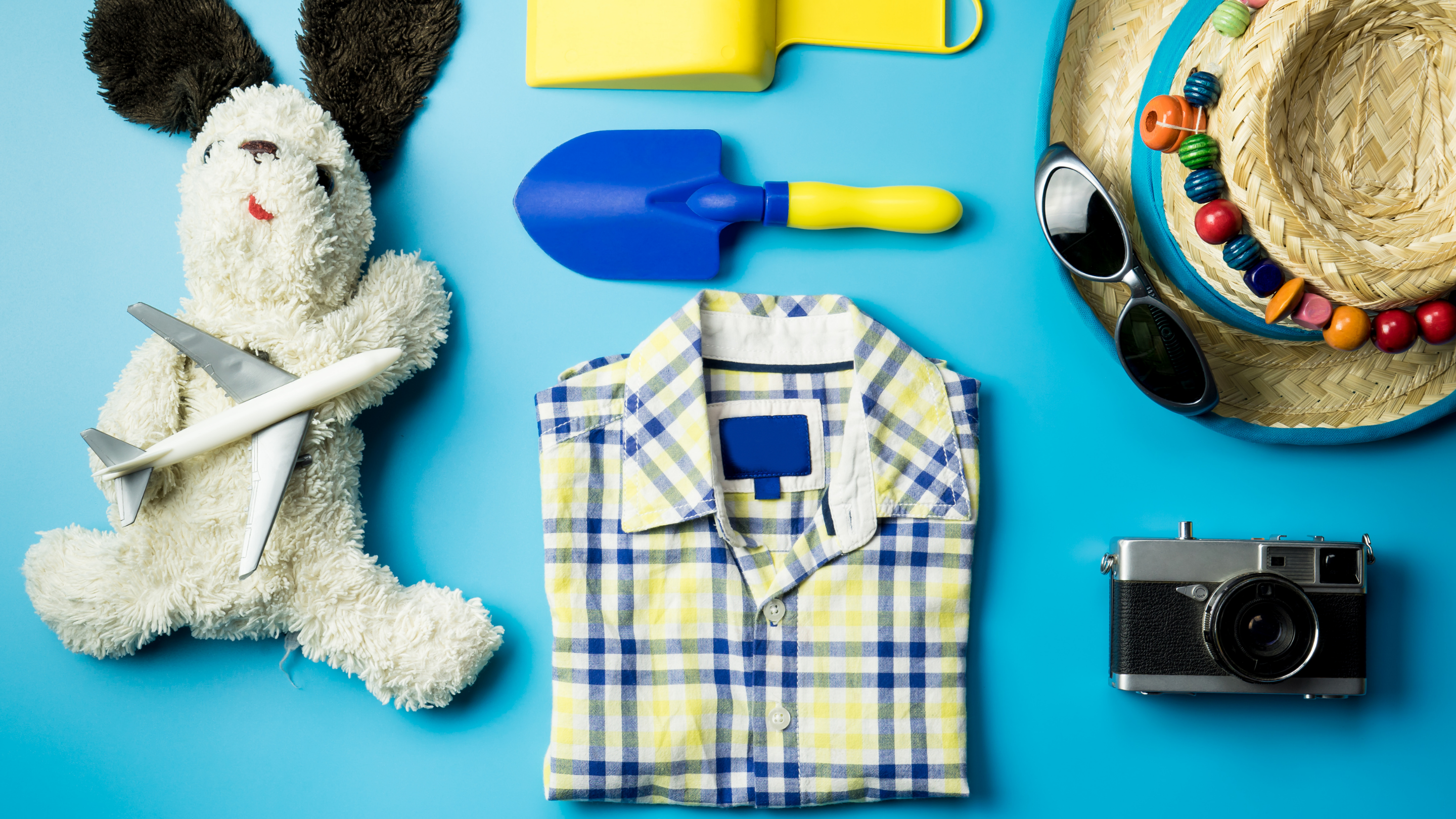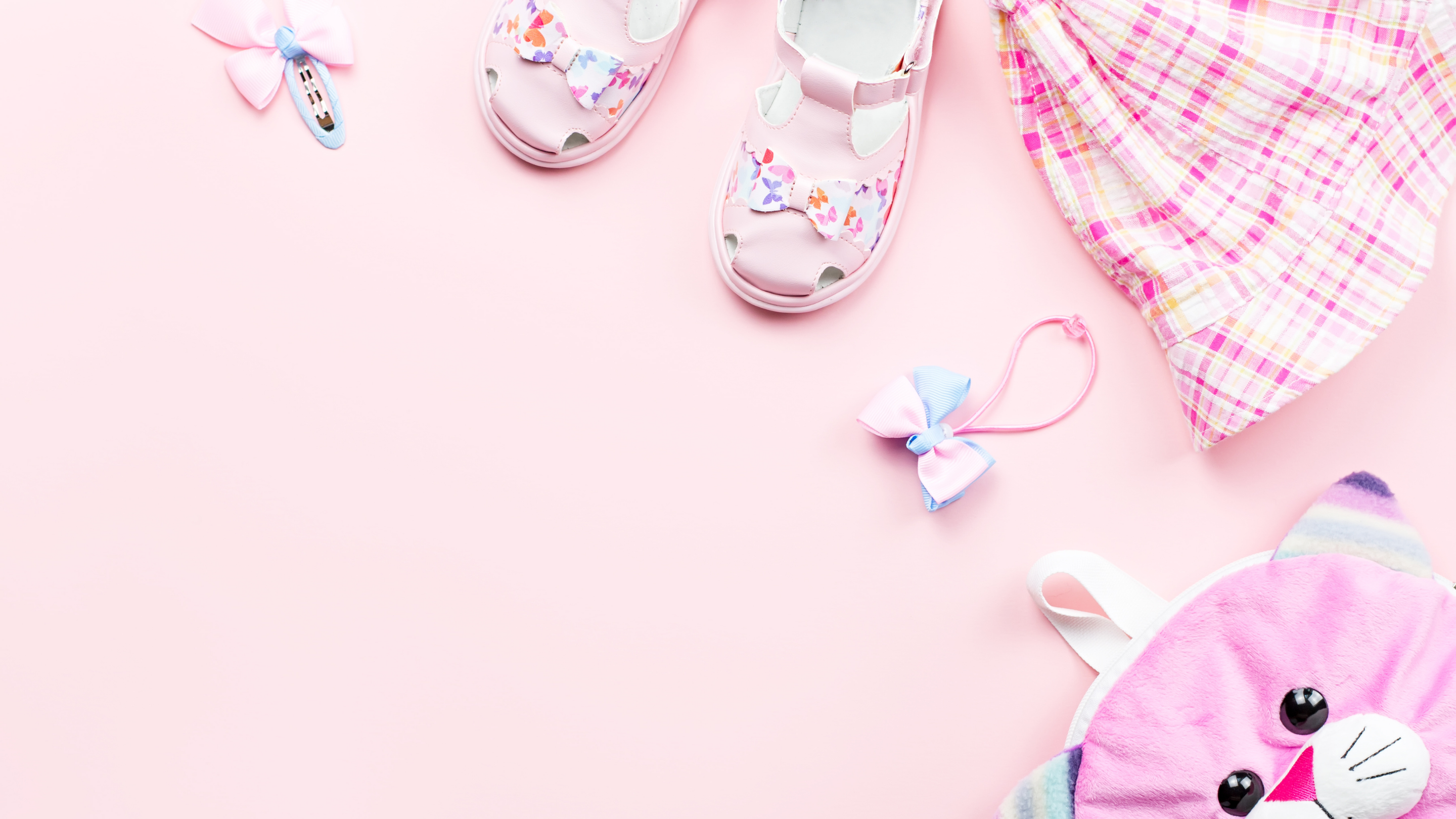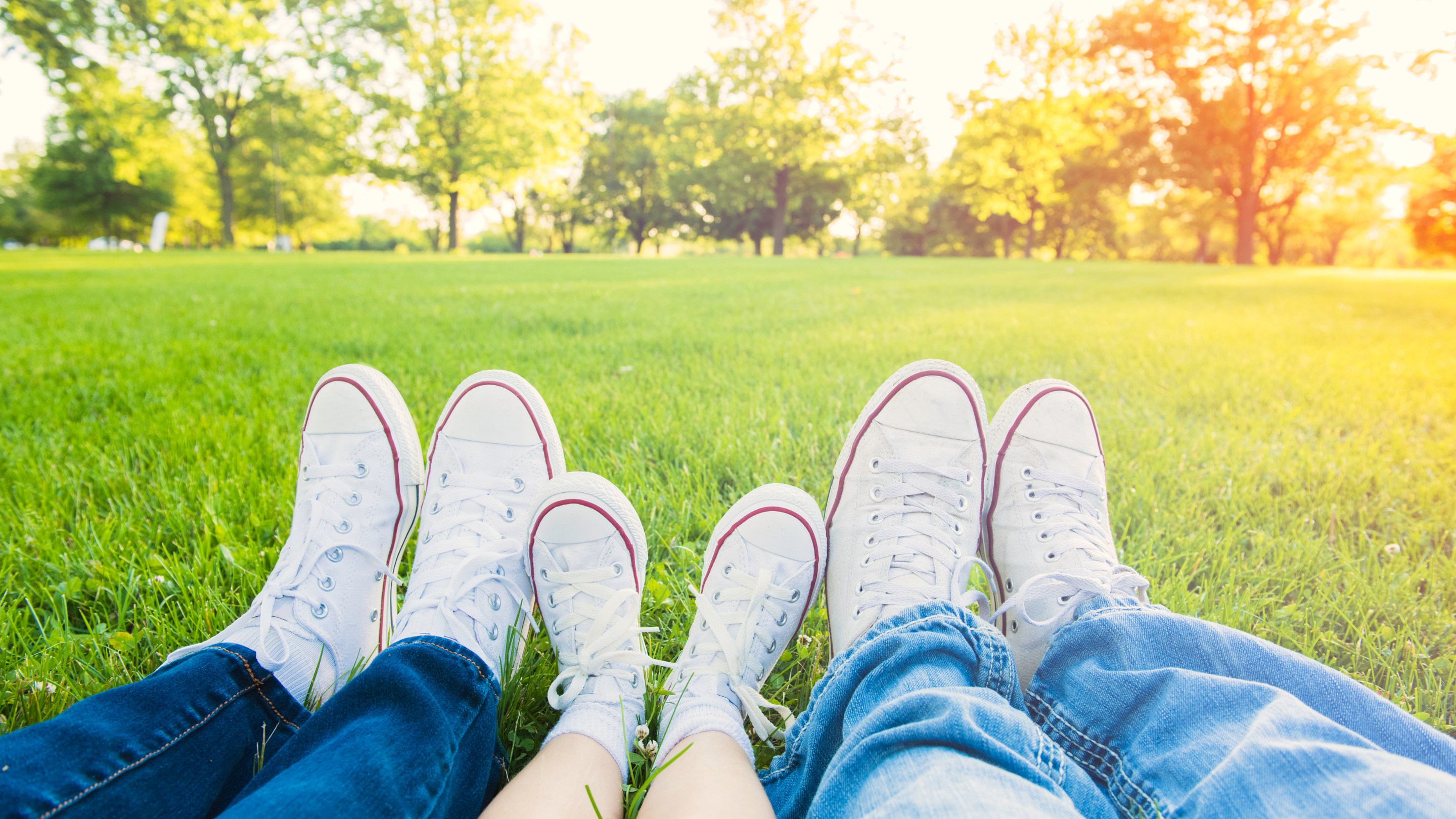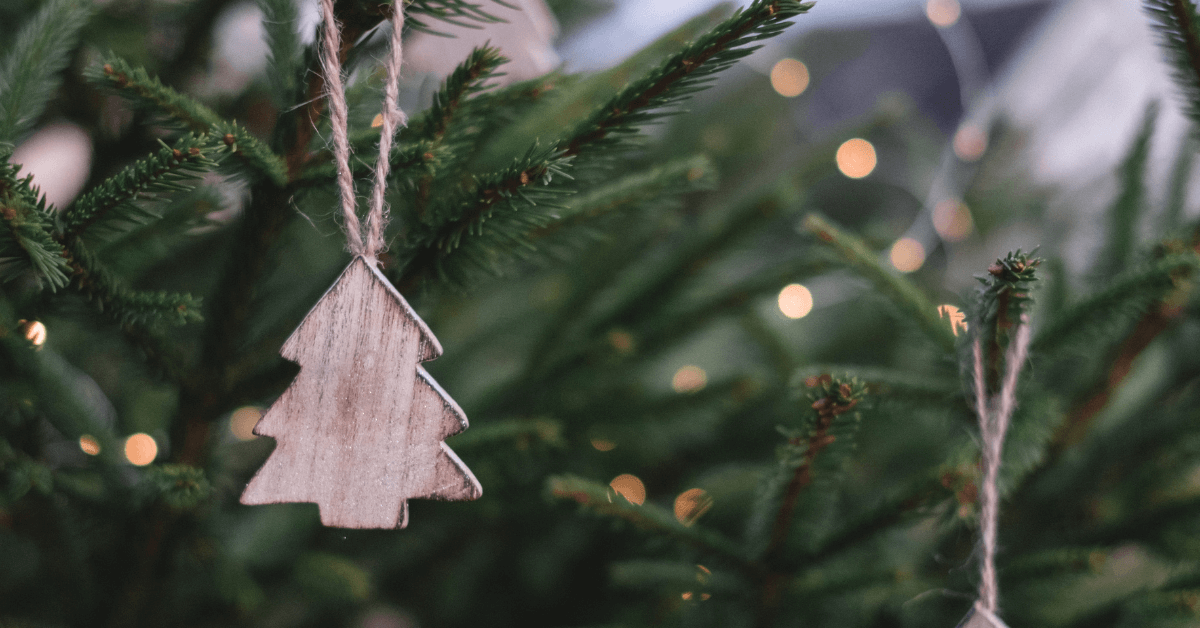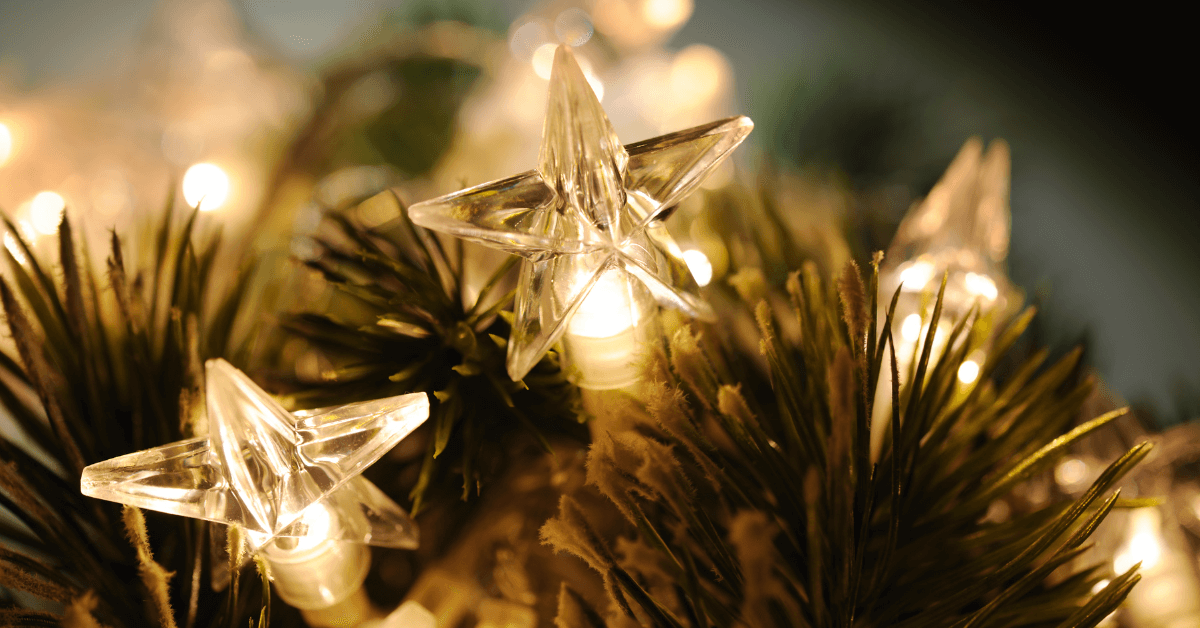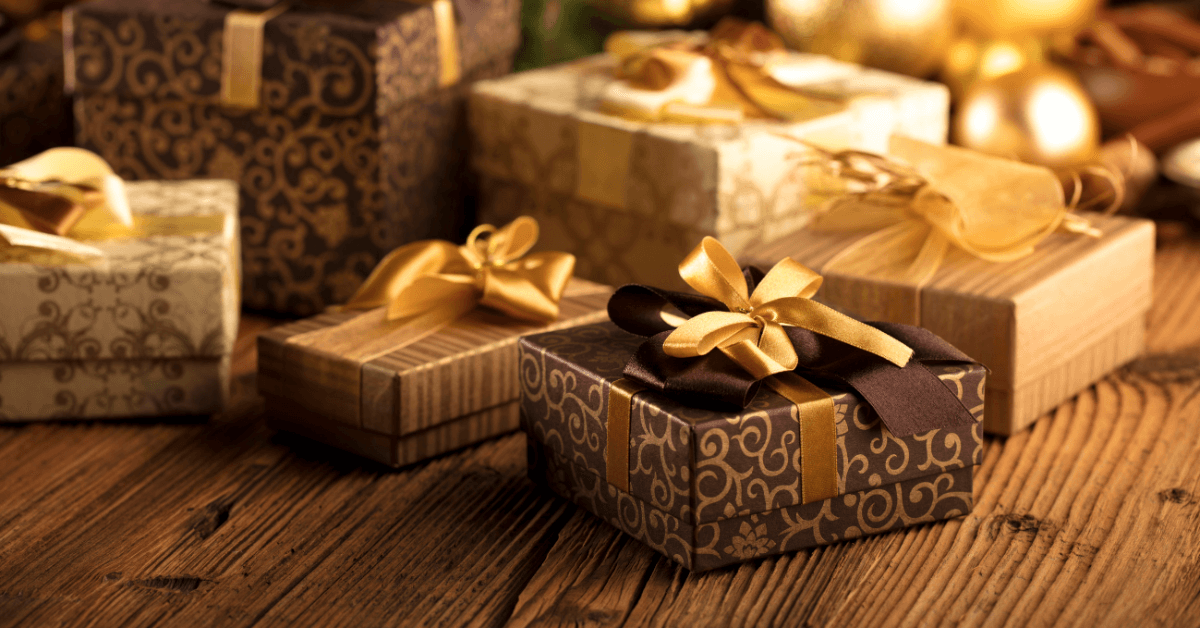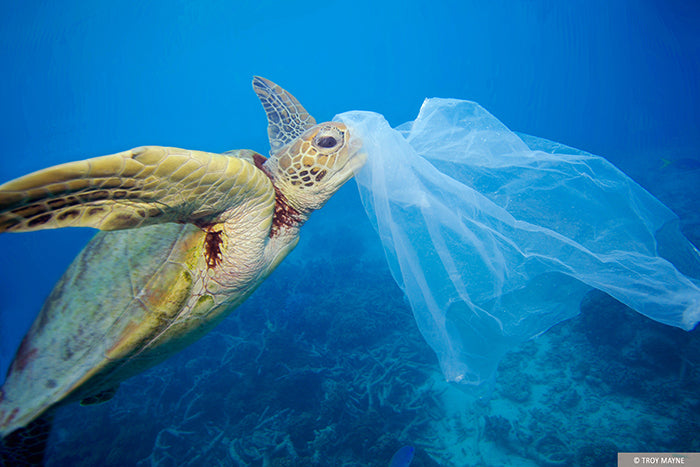Plastic
A dangerous pollution issue we’re all aware of, thanks to shows like David Attenborough’s Blue Planet II.
It has hit headlines all over the world recently, as more and more single-use plastics like straws, cotton buds and now wet wipes are being phased out. And in some cases, completely banned.
While the onus lies at the doorstep of manufacturing companies and Governments to end plastic pollution, we all need to step up, take responsibility and do our bit and help cut down the amount of plastic we’re binning and choking our seas with.

A Confession from the Author: How My Family & I Use Plastic
As a busy working mum, like most of us are, I’m guilty of turning to ‘convenience’ items I’m comfortable buying whilst doing the weekly shop.
I’m definitely a creature of habit.
If I find a product that we like, it goes straight in the trolley the following week, no questions asked. And certainly no real thought into what it’s packaged in.
We always recycle as much as we can - rinsing out yoghurt pots and taking containers and packaging apart to recycle every part of it efficiently.

I’ll hold my hands up here. Seeing as we recycle as much as we can, I’ve honestly never been concerned with how much plastic my family uses.
Until recently.
Since our daughter came along, I’ve noticed how full our plastic recycling box and bins are every single week.
In an average seven days we could go through:
• 4 plastic milk cartons
• Around 20 plastic yoghurt pots
• Plastic packaging from kitchen & toilet roll
• Plastic trays and pots from food items like meat etc.
• At least 1 plastic bag from a cereal box
• Up to 10 different plastic bags from fruit and veg
• Plastic bottles from bleach, cleaners and toiletries
• Anything up to 10 plastic juice and water bottles
Other items we use daily that contain plastic:
• Over 20 teabags (yip, there’s plastic in those too)
• Cotton buds (maybe 10+ a week?)
• Wet wipes (around 3 or 4 packets a week)
• Disposable nappies (around 1 pack/40 nappies a week)

Writing it on paper has been an absolute eye-opener for me.
While it’s impossible to remove plastic completely from our home, my new aim is to at least half the amount of plastic waste we dispose of in a week.
I feel it would make a huge difference to what we dispose of over the space of a month, year, and even lifetime.
10 Tips for Reducing Plastic Use in Everyday Life

To help my family dispose of less plastic, I started by looking at our kitchen cupboards and our weekly shop.
What food items could we buy without that awful plastic packaging?
What plastics do we really need here?
With this in mind, I’ve come up with 10 tips that you can use in your own home to eliminate some single use and long-term plastics from your home.
1. Use Reusable Bottles & Cups

As obscene as it sounds, I genuinely dislike drinking tap water. I just don’t like the taste, and have always turned to bottled brands in favour.
However, going forward I’m going to stop buying bottled water and give my trusty tap another shot.
I’ve bought this reusable water bottle from our website, which I’m going to start making fruit infused waters to drink throughout the day. This week I’m starting with a blend of pineapple, strawberries and cucumber!
When you visit the likes of Starbucks, Costa and Pret, they actually PAY YOU anything up to 50p per visit when you bring your own coffee cup.
Plus, a
2. Say No To Plastic Straws

Did you know that in the UK we use an estimated 8.5 billion plastic straws a year?
They’re one of the top 10 items found washed up on beaches too.
I bought some cute bio-degradable paper straws for my daughter’s birthday party and actually preferred them to plastic straws!
A pack of 20 paper straws can cost you around £2, so they’re a lot pricier than plastic, but if you have to use straws then paper is definitely the way to go.
Always check the packaging to make sure the style you’re buying can be recycled safely.
Check out our 250 packs here!
3. Ditch The Cling Film

We go through an embarrassing amount of cling film in our house. We always used it to cover meals or wrap sandwiches for lunch.
In my efforts to find a suitable alternative for our sandwiches and lunch items, I stumbled across the brand
It has a fun honeycomb pattern and they sell a set of three sizes to introduce you to the product - a thin sheet made from organic cotton, sustainably harvested bees wax, organic jojoba oil and tree resin.
Even if you use each sheet three times a week (with washing after each use) they’ll last you up to a year!
4. Always Carry A Bag For Life

Stash those babies EVERYWHERE.
In the car, in your desk at work, in the baby’s changing bag and in every other bag you own so you’ll always have one handy for a last minute dash to the shops.
You’ve already spent the money on them, it would be madness to have to spend another 5p or 10p every time you forget to pick one up on your way out the door.
5. Be Cautious of Excessive Food Packaging

Fruits and vegetables are the worst culprits.
It always seems handier to pick up a pre-packaged bag of apples, or a punnet of grapes in a plastic box with a plastic lid - but buying loose actually works out cheaper most of the time!
Not only will you cut down your plastic waste dramatically, but buying loose fruit & veg means you only buy what you’ll actually use, reducing food waste too.
Dedicate a cotton bag for life to fresh produce during your weekly shop, and wash it in between each use.
You’ll be surprised at the amount of plastic bags, tubs and spoiled food you won’t have to deal with once you ditch pre-packaged foods.
6. Stop Chewing Gum

There’s truth in the old horror story ‘don’t swallow your chewing gum or it will stick to your ribs forever!’
I bet you didn’t realise that your favourite gum was basically an un-recyclable tab of plastic, did you?
80-90% of chewing gum isn’t disposed of properly, and it’s the second most common form of litter after cigarette butts.
It’s a sticky, unhygienic and unsightly problem on our streets, with 92% of Britain’s urban paving stones have gum stuck to them.
Ditch it in favour of a minty fresh breath spray or edible mints instead.
7. Re-Use Your Plastic Bottles With Homemade Cleaners

It’s no secret that some of the most effective home cleaners can be made from a few ingredients you already have in your cupboards.
Recycle your plastic cleaning bottles by filling them up with homemade cleaners instead of splashing the cash on a new shop-bought one.
All you need for a basic multi-purpose cleaner is:
• 1 cup of water
• 1 cup of distilled vinegar
• 1tsp baking soda
• Juice of ½ a lemon
• Your favourite essential oils (lavender, orange and peppermint all work really well)
Shake everything up in your recycled bottle and you’re ready to go!
Alternatively, if you love the product you already use, then search for a ‘refill’ option as opposed to a brand new bottle. One refill can be the equivalent of two bottles, meaning less plastic to recycle.
8. Give Your Bathroom Cupboard a Makeover

Do me a favour and take a quick peek inside your bathroom cabinet.
PACKED with plastic bottles no doubt like mine?
Bathroom products and toiletries are mostly made from plastics that can’t be recycled, so give your cupboard an eco-makeover with these top swaps:
• Natural toothbrushes made from bamboo that are able to be composted or recycled.
• Buy a bar of soap instead of a bottle - check out the ‘naked’ toiletry range from Lush.
• Ditch the anti-bac wipes and give your bathroom a wipe down with homemade cleaners and a cotton cloth.
• Make sure your cotton buds have recyclable paper stems instead of plastic.
• Use a razor with replaceable blades instead of disposable razors.
• Use glass jars as decorative storage you can have on display.
9. Use Rechargeable Batteries

This one doesn’t apply to everyone.
But, if you’ve got a whole hoard of kids toys or toys that require regular battery swaps, then switch over to rechargeable ones instead of single use.
Each pack of batteries you buy will more than likely come with cardboard and plastic that needs recycled, but a pack of rechargeable batteries will last you at least 5 years, depending on the brand, cutting out some of your plastic waste.
Prices are naturally a bit pricier, but it’s an investment well made in terms of longevity and limiting plastic waste from your home.
10. Get Your Cook On With Homemade Condiments & Snacks

It would surprise you how many of the cupboard items we buy can be made better at home!
For starters - if you love dips, salad dressings and sauces, then get rid of all the plastic bottles in your fridge and cupboard and make them yourself.
Homemade pesto, ketchup, houmous and even nut butters like almond and peanut can be made in no time using a handful of ingredients.
Check out culinary wizards like
When it comes to snacks, let the kids help make their own!
Homemade foods like crisps and cereal bars and cookies are great for a quick after-school snack, but they all come with packaging that’s, sadly, not always recyclable.

Get them to pick their favourite fruits, veggies and seasonings to create some scrummy kid-friendly snacks -and if they’re involved in the making process, they’re much more likely to accept the swap!
A Message from Sir David Attenborough
You might have already seen the Blue Planet II episode that focuses on plastic waste in our oceans, but if you haven’t it’s definitely worth a watch.
I was aware that plastic pollution was a problem. But to see the devastation it causes our wildlife and their natural habitats with my own eyes was truly heart-breaking.
----------
I hope I’ve been able to help you make even one small change to the way you use your day-to-day items, and help eliminate this worldwide problem.
I’d love to hear any other tips you might have on reducing plastic waste, or stories on how you eliminated it from your life too.
Send me a tweet at


